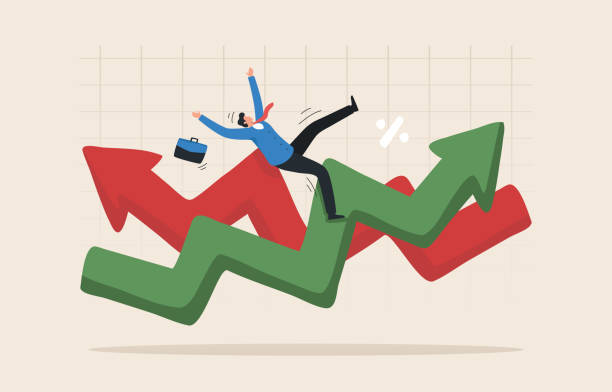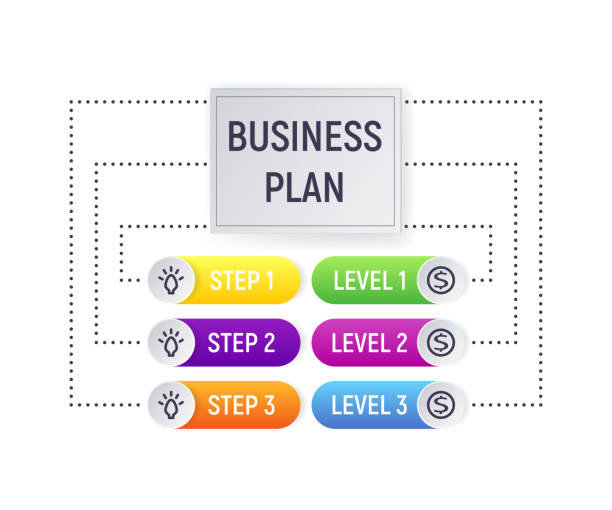How can a call option lose value when a stock rises
Are you confused about why the value of your call option has decreased even though the stock price has increased? Understanding what factors influence option pricing is crucial.
We’ve all probably traded call options that lost value even when the stock price rose. Before I focused on selling options, I had done this many times. Stocks and options are two utterly different investment instruments.
The pricing of options can be confusing and difficult to understand without a few simple guidelines.
This is NOT unusual
Something may be wrong at first. You bought a call because you thought the stock was going to rally. You predicted that the store would rise, but you are losing money. What is going on??
This is not an uncommon occurrence. This happens to thousands of traders every month. Understanding options pricing is critical to your success.
Relationship between stock price and strike price
Moneyness determines the value of an option. The strike price is the maximum price at which a call buyer can purchase shares before or on expiration.
A call is in the money (ITM) when the stock price exceeds the strike price. When the strike price exceeds the stock price, a call becomes out-of-the-money (OTM). At-the-money options (ATM) are those whose strike price equals (or is almost identical) the stock’s price.
Extrinsic Value is the price of an OTM option. It has no intrinsic value.
Time value decreases rapidly
Time Value will be your worst enemy if you are an option buyer. It will erode the value of a call option every single day. The value of a chance at expiration will only be the amount in the money (ITM).
Stock traders do not have to worry about the time value of a stock because they can hold a share for many years. Options have a limited life and expire at the end. The stock price has to rise above your strike price for time decay to eat away at the option’s value.
Reduced volatility
As mentioned above, OTM options are based primarily on time value and volatility premium. Volatility refers to the tendency of the stock’s price to fluctuate. The more volatile the store, the greater the chance it will “swing” toward your strike price.
The greater the implied volatility or Vega is, the higher the value of an option. If implied volatility increases, your call option may lose weight if the stock rises.
Dividends on stock underlying
Dividends make it more attractive to hold stock than buy calls. Call buyers do not have the right to dividends until the stores are owned. It’s impossible to have both your cake AND eat it. Tips are higher, so call prices are lower.
Interest Rates
You must have never considered that interest rates could affect the price of an option, did you? They do, but only to a certain degree. It’s another Greek, Rho. Call option premiums rise as interest rates increase.
The forward price of the stock increases as the interest rates rise (stock price plus risk-free rate). The store will move closer to the strike price if the forward price of the stock increases. Call option holders are hurt by decreasing interest rates.




Post Comment